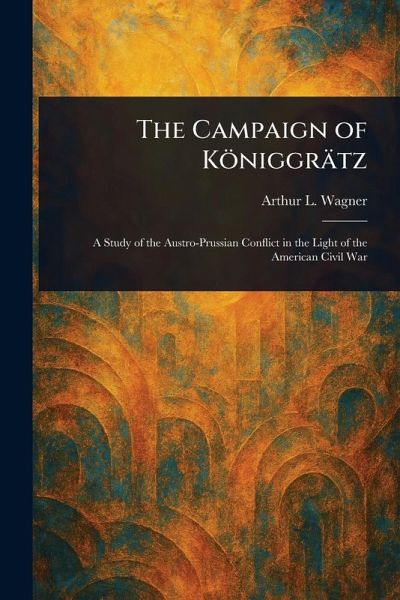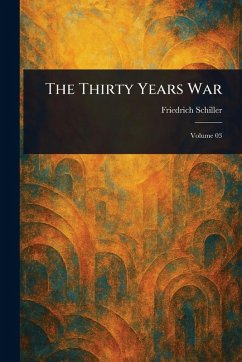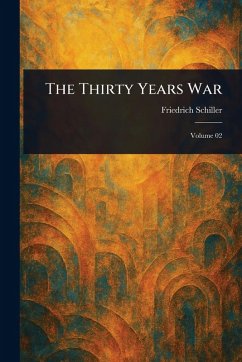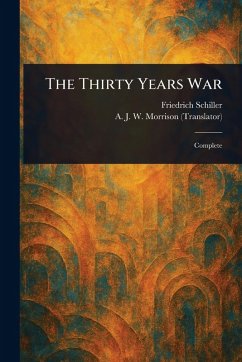
The Campaign of Königgrätz

PAYBACK Punkte
9 °P sammeln!
"The Campaign of Königgrätz: A Study of the Austro-Prussian Conflict in the Light of the American Civil War" by Arthur L. Wagner offers a detailed examination of a pivotal moment in European history. This meticulously researched work explores the Battle of Königgrätz (also known as Sadová), a decisive clash in the Austro-Prussian War of 1866. Wagner analyzes the military strategies and tactics employed during the conflict, drawing insightful parallels with the American Civil War. The book delves into the complexities of the Austro-Prussian War, providing a valuable resource for students o...
"The Campaign of Königgrätz: A Study of the Austro-Prussian Conflict in the Light of the American Civil War" by Arthur L. Wagner offers a detailed examination of a pivotal moment in European history. This meticulously researched work explores the Battle of Königgrätz (also known as Sadová), a decisive clash in the Austro-Prussian War of 1866. Wagner analyzes the military strategies and tactics employed during the conflict, drawing insightful parallels with the American Civil War. The book delves into the complexities of the Austro-Prussian War, providing a valuable resource for students of military history and those interested in the broader context of 19th-century European power dynamics. This enduring study remains relevant for its clear analysis of military strategy and its exploration of the historical significance of Königgrätz. A key work for understanding the forces shaping modern Germany and the evolution of warfare, it provides a comprehensive look at a conflict that reshaped the European landscape. This work has been selected by scholars as being culturally important, and is part of the knowledge base of civilization as we know it. This work is in the public domain in the United States of America, and possibly other nations. Within the United States, you may freely copy and distribute this work, as no entity (individual or corporate) has a copyright on the body of the work. Scholars believe, and we concur, that this work is important enough to be preserved, reproduced, and made generally available to the public. We appreciate your support of the preservation process, and thank you for being an important part of keeping this knowledge alive and relevant.














